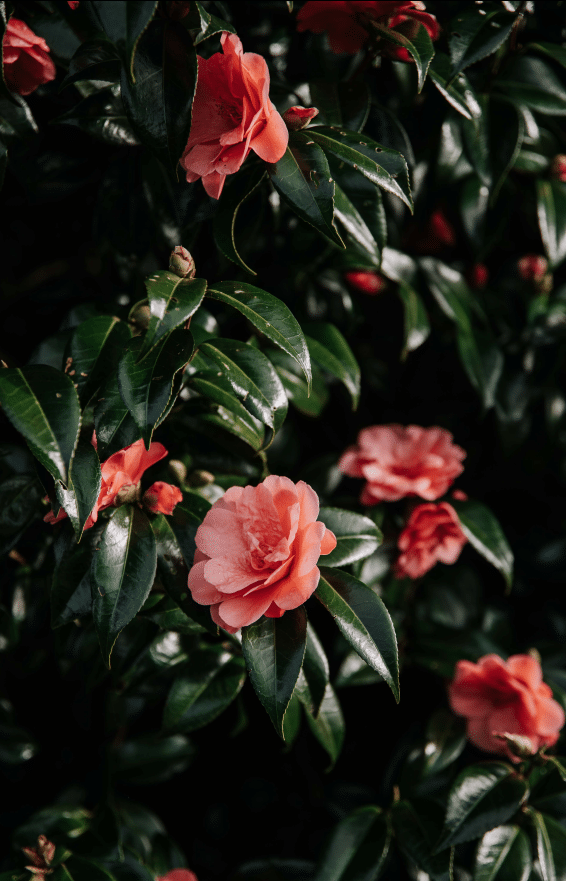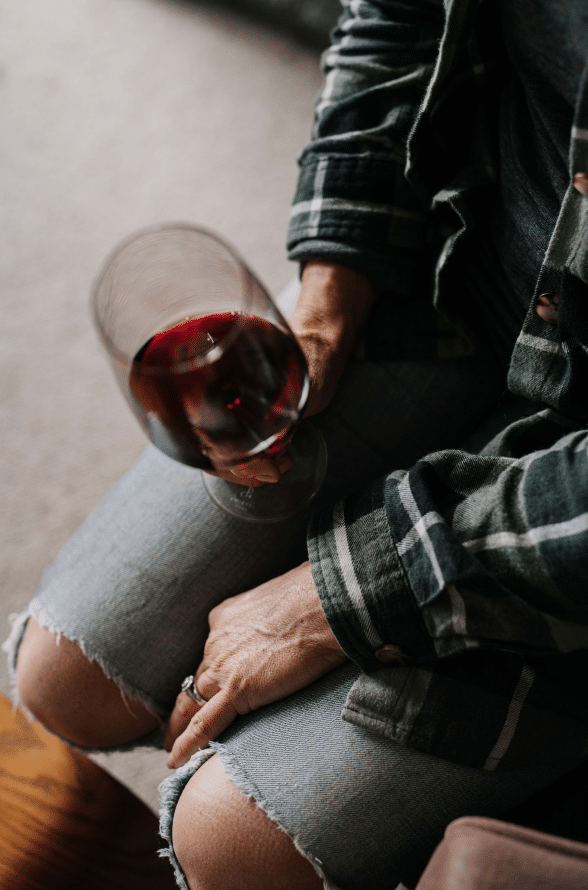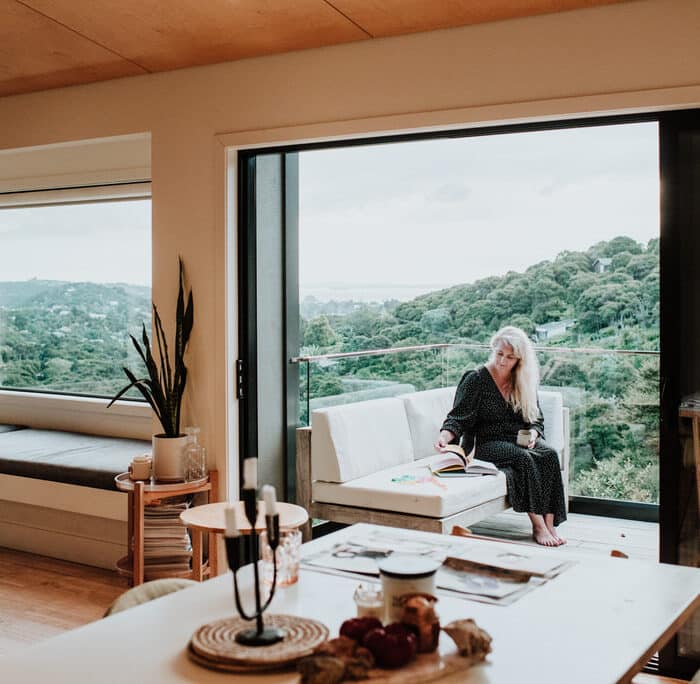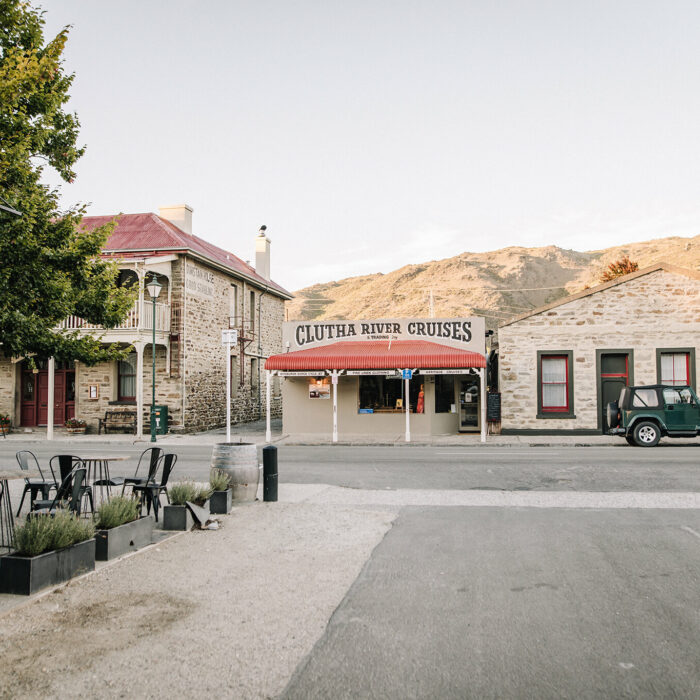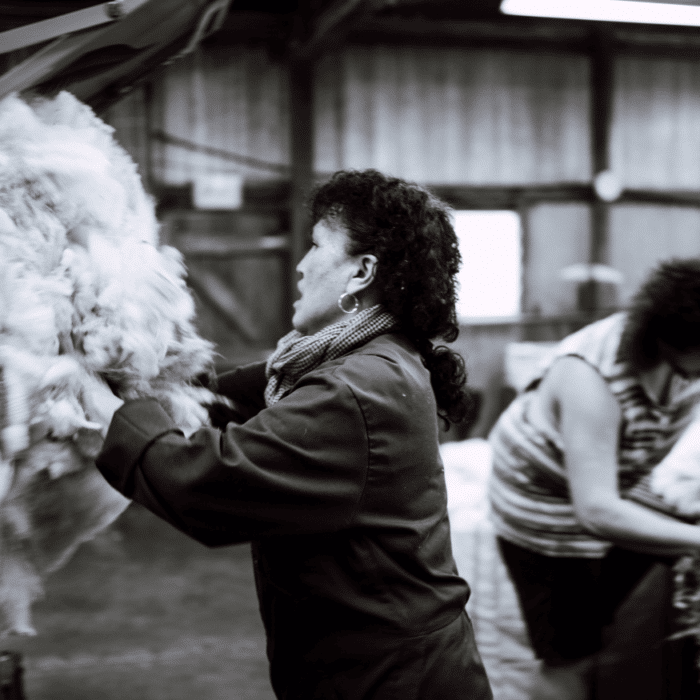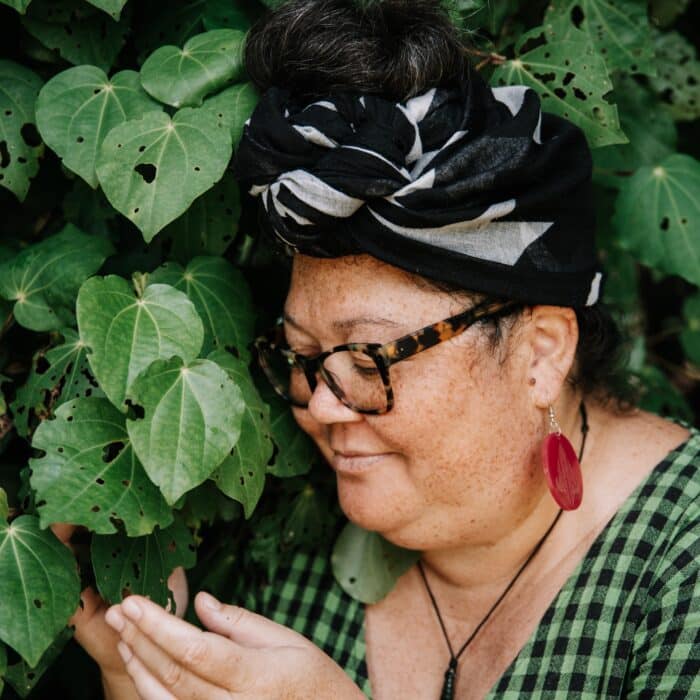19 January 2024
From Cows to Cabernet
Rakahinonga. Entrepreneur.
writer: AS TOLD TO SIONAINN MENTOR-KING
photographer: VIVIAN GEHRMANN
Karen McLeod – 47, of Ngāi Te Rangi – was raised on a dairy farm, and it was to dairy that she returned sixteen years ago. But viticulture has always been her passion and, with the help of Rabobank, she and her husband have bought a vineyard in the Hawke’s Bay Bridge Pā Triangle – more than 300 kilometres from their Whakatāne farm. But with a bit of balance, the family makes both ventures work.
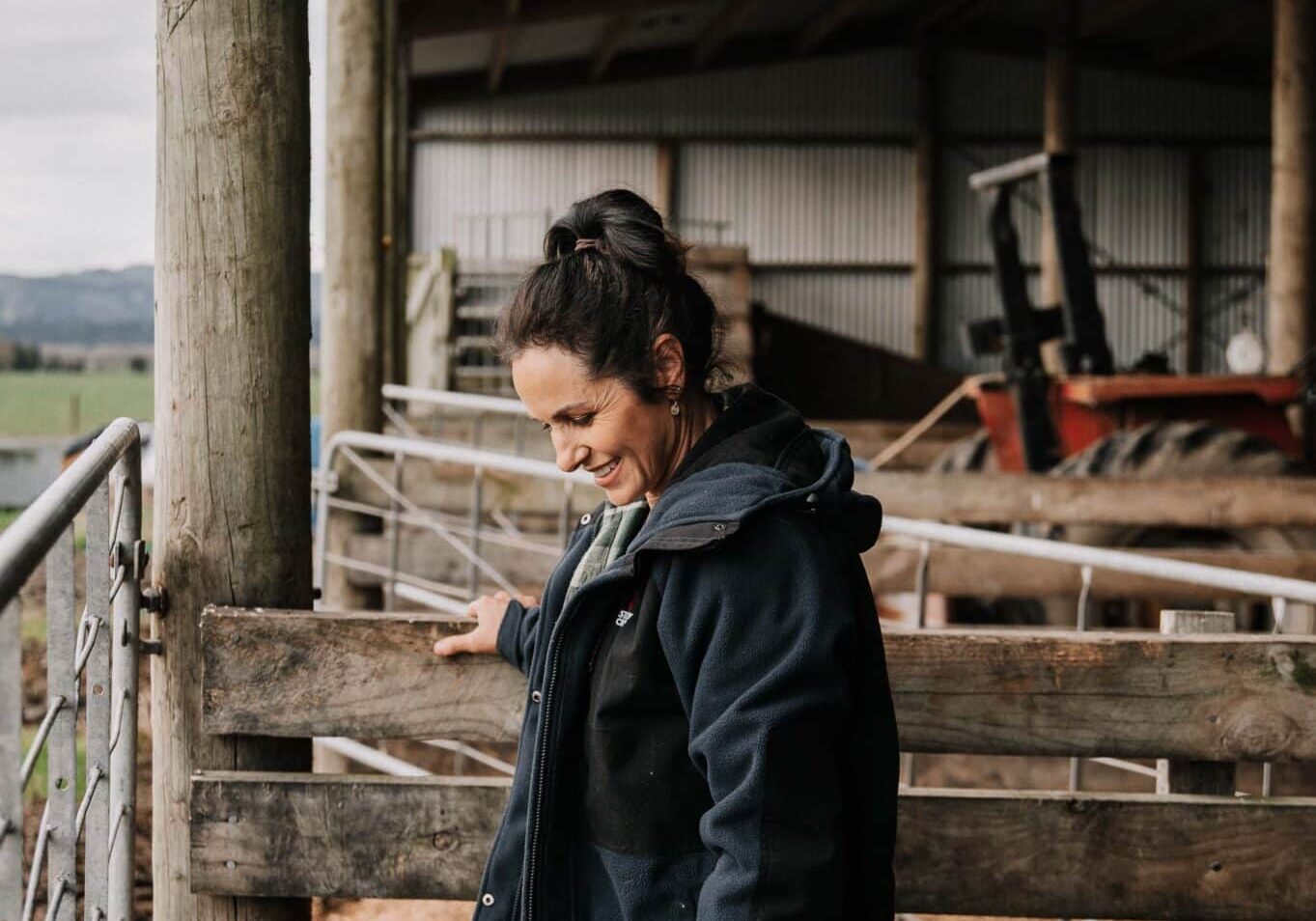
“We’re members of New Zealand Sustainable Wine Growers and half our vineyard is now organically grown. We’re trying to move more in that direction. It’s actually not too hard with grapes. Last season was a tough growing season, but interestingly, the organic fruit seemed to hold up better than the non-organic fruit in that weather. It’s not always the case. Climate is a big one to manage,” Karen says.
Both myself and my husband, Troy, grew up in Whakatāne but moved away to study and work in the cities. After we had our daughter, Ani, we moved back. She’s sixteen now. She was premature – I had her at twenty-eight weeks – so we knew we needed support and that I wasn’t going to be rushing back to work. That was why we came back and moved on to my parents’ dairy farm. We thought that lifestyle was a bit better for us.
We started by doing one year working on the farm – just to check that Troy was okay with the lifestyle. We went to sharemilking in our second season, and we’ve been milking ever since. We bought our own little dairy farm that joins onto the farm that we sharemilk on, which is my parents’ farm. We wanted to have a little bit of separation between our banking and their banking, so when we bought our herd, we banked with Rabobank. Cameron Peat was our agri manager back then. He’s now a dairy farmer himself!
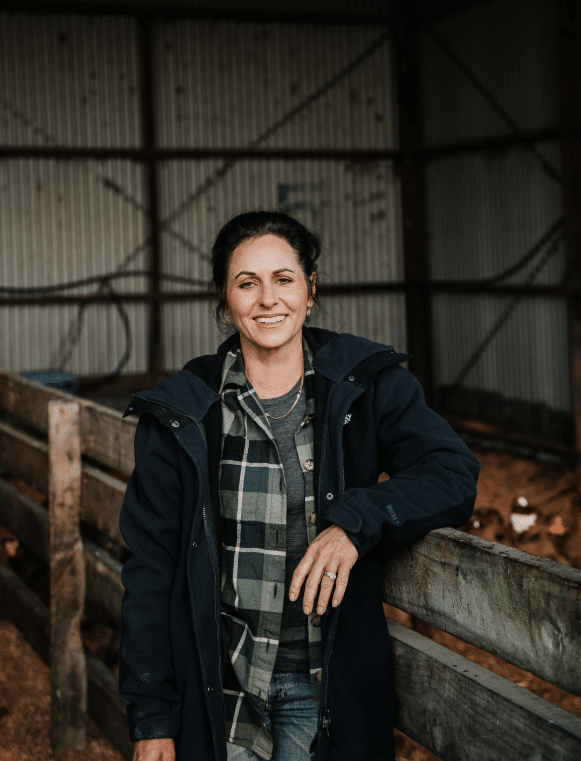
Viticulture was always an interest of mine, and I did soil sciences for my undergrad at university. When I did my OE, that sort of piqued my interest in New Zealand wine because I saw New Zealand wines on the international stage in these amazing restaurants. So when I came back from London – I lived over there for nearly three years – I went and studied at Lincoln and did my postgrad in winemaking and viticulture. My long-term goal was always to get into the wine industry, but I knew that you had to have a bit of money behind you to do that.
The vineyard came about because – although I’m really busy at calving time on the farm – I’m not so busy in the off-season. I had the time to start looking at another venture. We’re interested in growing premium grapes – that’s where New Zealand excels. We wanted a high-quality grape-growing area, so it had to be in Hawke’s Bay. About the time we started looking, TK Vineyard popped up on the market. It was the perfect size for us and the perfect varieties, and it was in the Bridge Pā Triangle, which is one of New Zealand’s top premium wine-growing areas. It ticked all the boxes, apart from the location. It’s not close to where we live. But, if you want to grow premium, you have to be down there. That’s just the way it has to be.
“At the moment we’ve got all reds – Merlot, Syrah, Cab Franc and Malbec – and we’re just in the process of top-grafting some of our Syrah over to Sauvignon Blanc, so we will have some white.” Below. Even during the busy calving season, Karen runs the family’s wine business simultaneously.
They actually work quite well together, dairy and viticulture. Dairy is hugely busy through winter. July, August and September are our busiest months, when both Troy and I are seven days on farm. I just focus on doing the calves now – I’ve got myself out of the shed – and doing the admin side of the business. Once the calves are weaned, then I have a lot of time on my hands. The grape growing season starts in October, and you get really busy through the summer months. That works well for us because, by summer, both of us can be off farm.
We’re definitely based in Whakatāne. My daughter goes to high school here so we can’t go down to Hawke’s Bay too much – it’s a three- and three-quarter-hour drive. But once things start kicking off in the vineyard, we’ll go down every few weeks for a block of three or four days. Before Christmas, we go down and get a lot of the vine work done. My parents come down, my mother-in-law has been down and my nieces and nephews come down. It’s become a bit of a family tradition. We take a group down for harvest as well – that’s always a nice job.
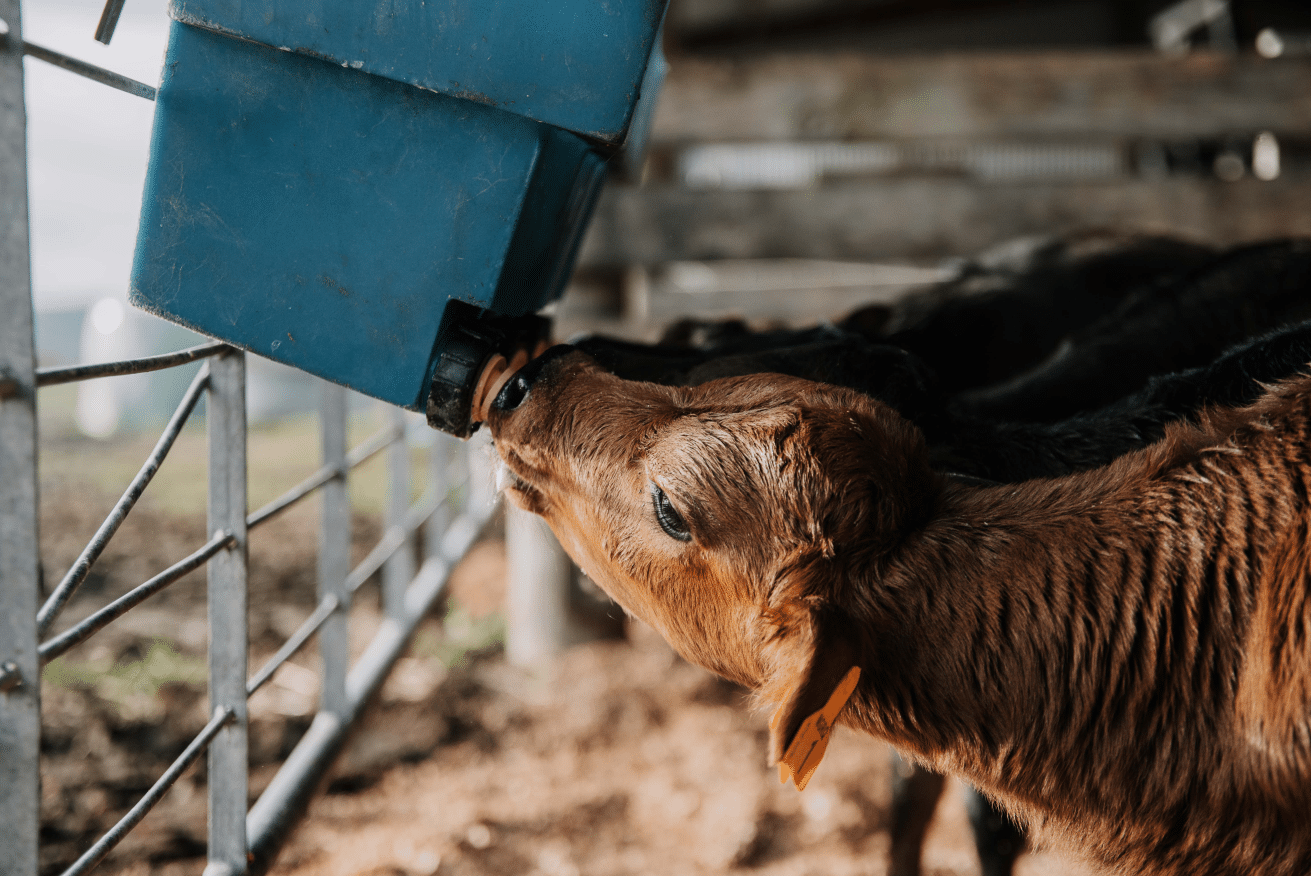
The vines were planted in 1999, so when we first took over in 2016 there was a bit of maintenance work to be done. There was money to spend to bring it up to the standard that we wanted, including putting in a new frost fan. We weren’t sure whether the bank would finance it, because we can’t be there managing it day-to-day. But Rabobank was really good at looking long-term for us. They came on-board straight away and supported us. Our bank manager even buys our wine for himself now.
Producing our own wine was in the long-term plan. We started by contract growing for large, commercial wineries but we’ve slowly moved from that and we now grow for ten or eleven smaller, more boutique labels. In 2021, we started our own label, Herringbone Wine, which references our dairy roots – herringbone is the type of cow shed on our farm. We’re starting off small with our own label and we want to build the volume up incrementally as we go.
Left. Flowers blooming on farm, just like Karen’s business ventures. “So far, we’ve distributed mainly to restaurants and bars in the Bay and Waikato,” she says. “Learning how to run a website and doing social media and all that stuff, that’s all been new.” Right. Karen swirling a glass of her wine. “The vineyard is eleven hectares, which equates to around about ninety tons of grapes each season – so it’s reasonably big.”
Our goal is to buy the rest of the dairy land we farm but don’t currently own. We are constantly discussing these plans with our agri manager at Rabobank and they are helping us work towards this goal. It helps that Rabobank has a nationwide network of specialists and experts in agribusiness that are available to call on.
On a personal level, I am planning to step away from on-farm work and focus full time on the wine. During calf-rearing, from July to October, I still run the wine business as well as coaching netball and volleyball, and Troy runs a junior golf programme, so you could say we are juggling a lot of balls! My goal for the future is to focus more of my energy on growing premium grapes and producing the best wine possible.
Rabobank is a specialist agribusiness bank. Their team of agri managers supports hardworking clients like Karen with strong local knowledge and the latest food and agri insights from across the globe. Talk to a Rabobank agri manager today: rabobank.co.nz/banking
If you enjoyed this story, please share with someone else.
This story appeared in the Raumati Summer 2023/24 Edition of Shepherdess.
Get your hands on a copy.
Related Stories
Esther Kidd
The twenty-five-year veteran and Leading Charge Hand with Spain and Smith Shearing Contractors lays out what it takes to get through a day, and what keeps her going.
